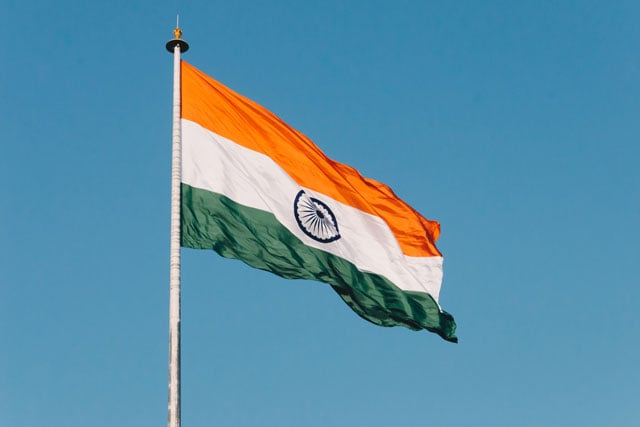India’s Foreign Contribution (Regulation) Act
In recent years, India has enacted a number of regulatory measures constricting funding for domestic non-profit organizations, the most well-known of which is the Foreign Contribution (Regulation) Act (FCRA).
The FCRA was originally enacted in 1976, and significantly revised in 2010. It creates registration requirements and spending restrictions on Indian nonprofit organizations receiving foreign donations. The most recent 2020 amendments of the FCRA brought in additional restrictions, banning subgranting among FCRA-registered organizations, setting a severe cap on administrative spending, and further centralizing control of FCRA funding with the State Bank of Delhi and the Ministry of Home Affairs.
The FCRA represents a securitized approach to foreign funding that is out of step with international standards. It obstructed humanitarian relief efforts in India during COVID-19 and other disasters.
Moreover, these restrictions on cross-border philanthropy have decreased employment in the social sector and obstructed service delivery to communities and beneficiaries. The FCRA’s significant economic and human impact continues to increase as more civil society organizations’ FCRA licenses are cancelled.
“We are alarmed that FCRA provisions are being used more and more to silence organisations involved in advocating civil, political, economic, social, environmental or cultural priorities, which may differ from those backed by the Government” – the UN Special Rapporteurs on human rights defenders, Michel Forst, on freedom of expression, David Kaye, and on freedom of association, Maina Kiai.
Key Resources
Freedom of Association and India’s FCRA
A summary analysis of India’s FCRA April 2022 Supreme Court Judgment and it’s impact on the freedom of association.
DOWNLOADIndia’s 2020 FCRA Amendments Impact on Association
This ICNL legal briefer provides a brief history and context of the FCRA, followed by an international legal analysis of the recent 2020 FCRA amendments. Many of the provisions violate international law and threaten civil society’s ability to address COVID-19 and other urgent challenges.
DOWNLOADFCRA Overview
This user-friendly ICNL overview demonstrates linkages between the FCRA, other restrictive regulatory measures, and the deadliness of India’s COVID-19 surge in spring 2021. It argues that facilitating foreign funding to civil society improves disaster relief and humanitarian outcomes in crises.
DOWNLOADIndia Philanthropy Law Reports
ICNL’s India Philanthropy Law Report unpacks the legal framework for philanthropy law as it stood in 2019. Additionally, our India FAQs provide more context on civil society and philanthropy in the country.
DOWNLOADIndia Civic Freedom Monitor
ICNL’s India Civic Freedom Monitor provides up-to-date information on legal issues affecting Indian civil society and civic freedoms, including freedoms of association, expression, and peaceful assembly, and legal barriers to civil society activity.
DOWNLOADAccountAble Handbook FCRA 2010
The AccountAble Handbook FCRA comprehensively breaks down the complex history, context, and implementation of India’s Foreign Contribution (Regulation) Act 2010. The newly released 2021 edition a useful tool for understanding the backdrop for and implications of the 2020 FCRA Amendments.
EXPLORE MOREOther Resources
Full Text of the 2020 FCRA amendments
DOWNLOADFull text of the 2010 FCRA
DOWNLOADUNSR Statement urging India to repeal FCRA for restricting NGO access to foreign funding
DOWNLOADSign up for our newsletters
Sign up
